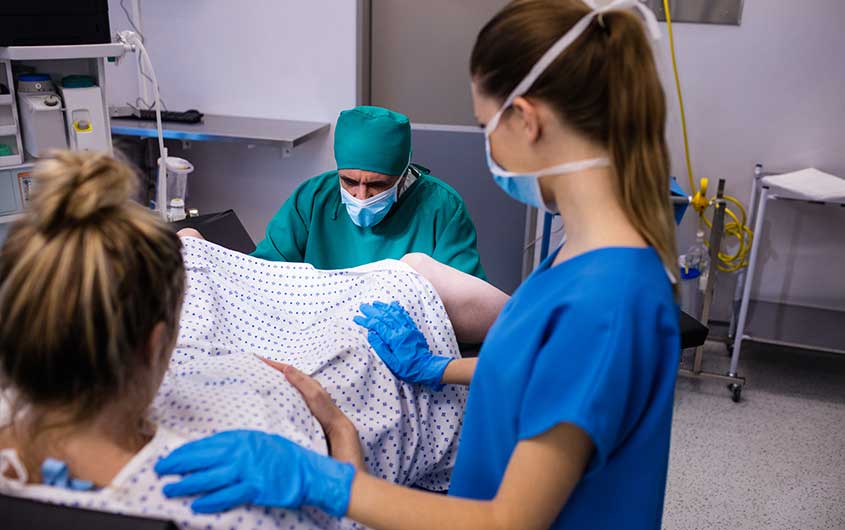Dr. Abhilasha Narayan
HOD – Gynaecology Oncology HCG Cancer Centre, Bangalore
+91 9740742752 || info-admissions@hcgcare.org

Gynaecologic cancers—including ovarian, uterine (endometrial), cervical, vulvar and vaginal malignancies—pose unique challenges in diagnosis, surgical management, and long-term care. Advances in minimally-invasive surgery, robotics, targeted therapy, and personalized medicine mean that specialists must now balance survival, fertility preservation, function, and quality of life.
The Fellowship in Gynaecology Oncology at HCG is designed for gynecologists and oncologists who aspire to master the full spectrum of gynaecologic cancer care: from complex oncologic surgeries to systemic therapies, minimally-invasive techniques and survivorship management. Fellows train in high-volume multidisciplinary settings under experienced faculty, gaining hands-on exposure to advanced surgical techniques (including laparoscopic and robotic), medical oncology, radiation oncology, pathology and molecular diagnostics.
Within HCG’s comprehensive cancer care environment, this fellowship equips participants to act as leaders in gynaecologic cancer management, research, and patient-centred care.
By the end of the Fellowship in Bone Marrow Transplant & Leukemia, fellows will be able to:
MS / DNB (Obstetrics & Gynaecology) or equivalent surgical qualification.
Candidates should have strong surgical skills and interest in oncologic care.

HOD – Gynaecology Oncology HCG Cancer Centre, Bangalore
© 2025 designed by GHA